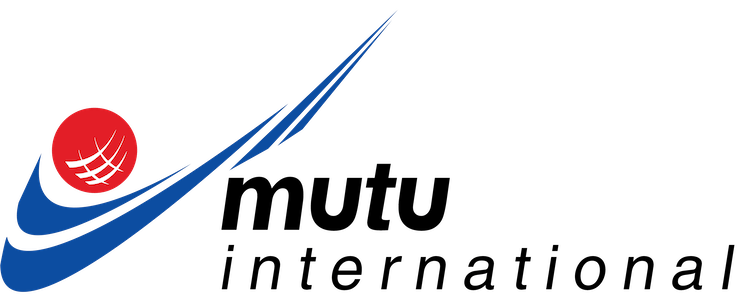ISCC is one of the leading certification systems for sustainability and greenhouse gases emission. In July 2011, the European Commission recognized ISCC as one of the first certification schemes to demonstrate compliance with the EU Renewable Energy Directive’s (RED) requirements. Additionally, ISCC PLUS has been developed for food, feed, technical or chemical (e.g. bioplastics) and other bioenergy applications (e.g. solid biomass).
Mutu International in the first cooperating CB in the ASEAN recognized by ISCC system GmbH (Germany) with ISCC identifier ID215, FOR ISCC EU and ISCC Plus schemes.
Mutu International conducts ISCC certificate covering food, feed, chemicals and energy (biofuels, bioliquids, and waste-based biofuels).
Why Should companies choose the ISCC system for certification ?
- ISCC covers entire supply chains from the field to the consumer and ensures traceability throughout the whole supply chain.
- ISCC is a global scheme covering all kinds of biomass – to be applied in the EU home market and overseas. It is a one stop shop for companies, easing national and international trade.
- ISCC has been proven in practice: Worldwide, more than 4.800 certificates have already been issued.
- ISCC is not a closed shop – a balanced stakeholder representation and transparent processes are key features. This results in credibility in the public perception and provides long-term security for companies using the scheme.
- ISCC ensures highly effective and efficient audits offering comprehensive ISCC system documents and other audit tools.
- ISCC provides companies with a higher level of security as it also covers social sustainability issues – without or with marginal additional costs.
- ISCC offers a unique, comprehensive tool for green house gas calculation.
Audit process
The audit process of ISCC areas following.
- Discuss the ISCC certification process and sign a contract with Mutuagung
- Complete the registration form provided by Mutuagung
- Provide all necessary proofs, documents and data as well as access to relevant locations
- Support the auditors during the audit process
- Receive the audit report and a list with corrective measures, if necessary
- Implement the corrective measures within 40 days (if applicable)
- Receive the certificate.

